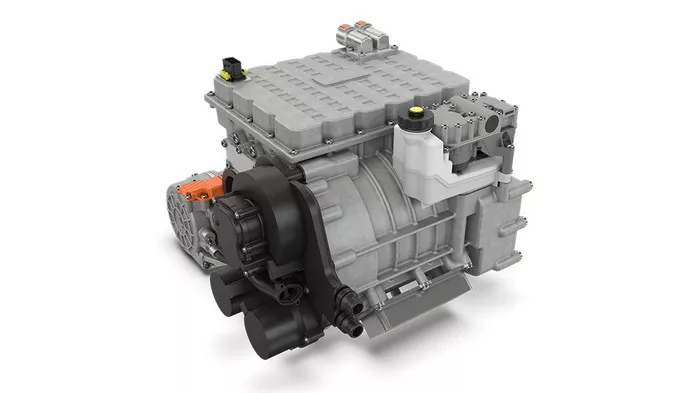Thyssenkrupp Dynamic Components, a division of thyssenkrupp Automotive Technology, has introduced a new CO2 (R744) compressor designed for enhanced thermal management in battery-powered electric vehicles (EVs). The compact compressor, engineered for high efficiency across a wide range of climates, promises to improve both heating and cooling performance, with a capacity exceeding 12 kW (3.4 TR), according to the company.
The R744 compressor’s efficiency is attributed to its robust design, which is optimized for continuous operation under various environmental conditions. Unlike traditional start-stop compressors, this new technology offers steady operation, significantly improving the overall efficiency of EV thermal management systems.
“For decades, we have worked closely with our customers to develop relevant, innovative solutions for the automotive industry,” said Volkmar Dinstuhl, CEO of thyssenkrupp Automotive Technology. “In today’s dynamic market, staying at the forefront requires constant innovation. It is crucial for us to continue evolving our product offerings to maintain our leadership position.”
This compressor is the first product to be launched as part of thyssenkrupp’s new thermal management portfolio. It was introduced at the International Suppliers Fair (IZB) in Wolfsburg, Germany, from October 22–24. The technology was also showcased by Sebastian Wappler, Head of Product Platform Development at thyssenkrupp Dynamic Components, at the ATMOsphere MAC Summit 2024, held in September in partnership with TU Berlin.
Supporting the Shift to Natural Refrigerants
As the automotive industry moves away from traditional chemical refrigerants, thyssenkrupp is positioning itself as a supporter of sustainable alternatives, particularly CO2. The company emphasizes that the environmental impact of chemical refrigerants is pushing the industry toward natural refrigerants like R744.
Compared to other natural refrigerants such as propane (R290), R744 offers higher efficiency in heat pump applications and is non-flammable. However, its higher operational pressure—around five times that of R290 and synthetic refrigerants—poses engineering challenges. Thyssenkrupp has designed its compressor to handle these high pressures, ensuring optimal performance and durability.
The compressor’s low internal leakage, minimal lubrication needs, and ability to support high mass flows without relying on start-stop cycles contribute to its efficiency and longevity. Despite its compact size, the unit delivers powerful performance and operates efficiently across a wide range of conditions, helping to reduce overall energy consumption.
Thyssenkrupp’s commitment to sustainable refrigerants is reflected in the company’s goal to drive the transition to greener technologies within the automotive sector.
Proven Readiness for Market
Development of the new compressor began in 2018, and after extensive testing, the company has confirmed its readiness for commercial deployment. During his presentation at the ATMO MAC Summit, Wappler emphasized that this is not just a prototype, but a fully developed, market-ready solution.
“With this new development, thyssenkrupp Dynamic Components is continuing to drive the transformation towards e-mobility,” the company stated.
Related topics:

